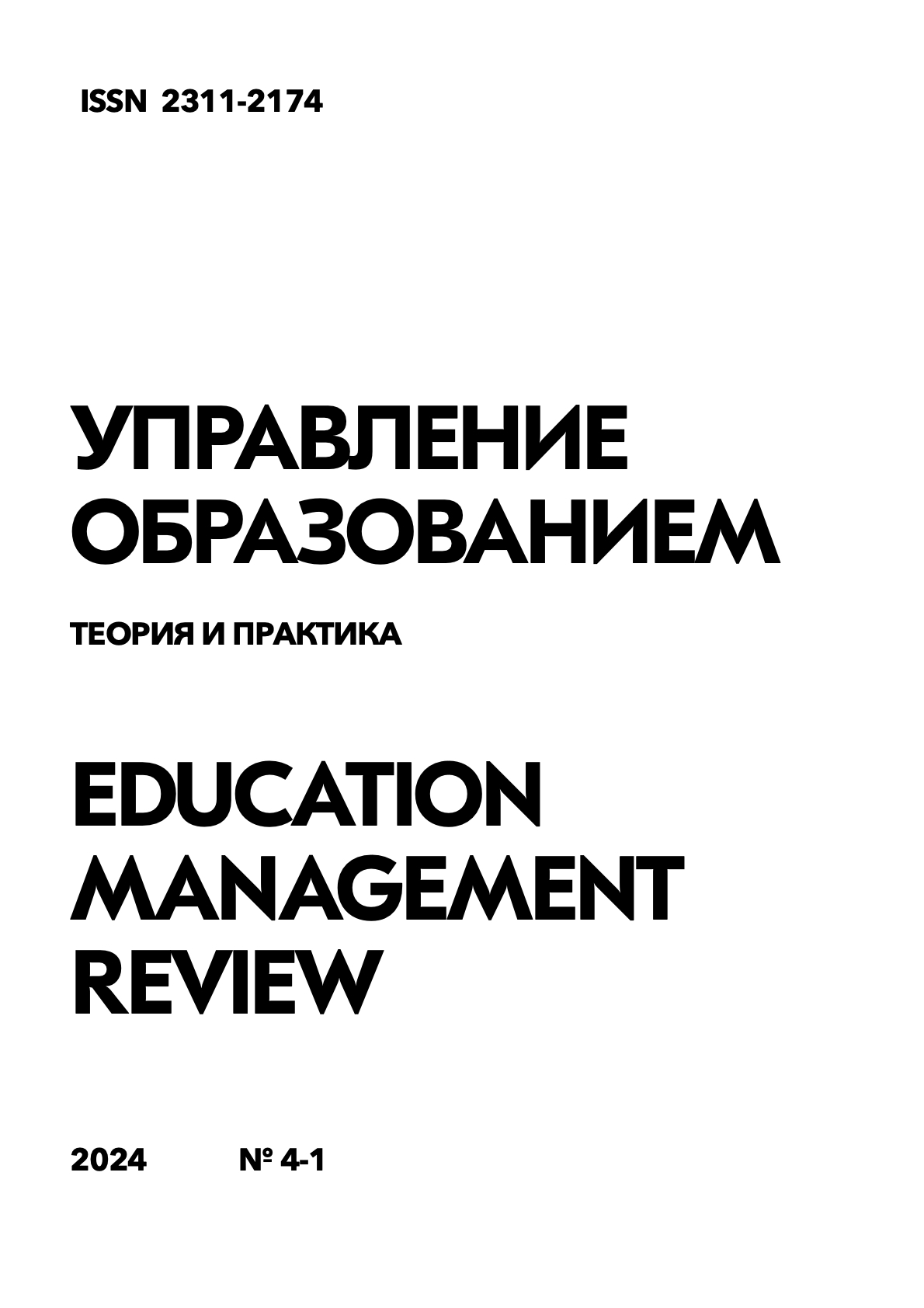Возможности применения ситуационного анализа в подготовке специалиста в области медиакоммуникаций
Ключевые слова:
подготовка специалиста в области медиакоммуникаций, активные технологии обучения, ситуационный анализ, метод кейс-стадиАннотация
В статье рассматриваются возможности применения ситуационного анализа в подготовке специалистов в области медиакоммуникаций. Актуальность темы обусловлена необходимостью модернизации методического обеспечения образовательного процесса с учетом особенностей современного студента. Цель исследования – выявить потенциал ситуационного анализа как активной технологии обучения будущих медиаспециалистов. Методы включали анализ научной литературы, обобщение педагогического опыта преподавания профильных дисциплин, социологический опрос студентов (n=109). Установлено, что ситуационный анализ способствует формированию ключевых профессиональных компетенций: коммуникативных навыков, презентационных умений, интерактивности, самооценки и др. Выявлены различные виды ситуаций (ситуация-иллюстрация, ситуация-оценка, ситуация-упражнение) и формы работы (анализ конкретных ситуаций, кейс-стади). Разработан алгоритм применения метода кейсов, включающий этапы анализа практической ситуации в подгруппах, межгруппового обсуждения, подведения итогов. В заключении сделаны выводы о дидактическом потенциале ситуационного анализа, даны рекомендации по его эффективному использованию в условиях цифровизации и с учетом психологических особенностей обучающихся (клиповое мышление).
Библиографические ссылки
Березовская И.П. Проблема методологического обоснования концепта «клиповое мышление» // Научно-технические ведомости Санкт-Петербургского государственного политехнического университета. Гуманитарные и общественные науки. 2015. № 2(220). С. 133-138.
Беспалько В.П. Слагаемые педагогической технологии. М.: Педагогика, 1989. 192 с.
Вартанова Е.Л. Образование для медиа: мировой опыт и российские перспективы // Медиаскоп. 2019. № 1. С. 6.
Волкова В.В., Суворов В.Л. Технологии профессионально ориентированного обучения. М.: ВАГШ, 2012.
Волкова В.В., Суворов В.Л., Федотов В.В. Технологии профессионально ориентированного обучения. Учебное пособие. М.: ВАГШ, 2012. 178 с.
Дунаева Н.В., Дьякова Т.А. Кейс-метод в профессиональной подготовке педагогов: опыт и проблемы реализации // Образование и наука. 2020). № 22(7). С. 186-214.
Кирьякова А.В., Каргапольцева Н.А., Белоновская И.Д., Олейник Е.В. Технология «кейс-стади» в компетентностно-ориентированном образовании // Высшее образование в России. 2019. № 28(4). С. 121-134.
Корнеева Е.Н., Кузеванова А.Л. Зарубежный опыт внедрения инновационных форм и методов обучения в образовательный процесс вуза // Профессиональное образование в современном мире. 2018. № 8(4). С. 2268-2277.
Крюков Е.В., Кузнецов В.С., Лукичев К.Е., Серяков Д.А. Метод кейсов как эффективная форма обучения студентов направления «Реклама и связи с общественностью» // Вестник Нижегородского университета им. Н.И. Лобачевского. Серия: Социальные науки. 2017. № 4. С. 178-186.
Кузина Г.А. Кейс-метод как средство формирования проектировочной компетенции будущих PR-специалистов // Вестник РГГУ. Серия: Литературоведение. Языкознание. Культурология, 2018. № 1. С. 127-134.
Лазутова Л.А., Лазутов С.Б. Практико-ориентированная подготовка бакалавров рекламы и связей с общественностью посредством проектного обучения // Высшее образование в России. 2020. № 29(2). С. 155-166.
Павленко К.В., Сахно Ю.С. (2021). Контекстное обучение как технология профессионально-ориентированной подготовки специалистов по рекламе и связям с общественностью // Проблемы современного образования. 2021. № 1. С. 215-226.
Paterson R. Using case studies in media education. Ed. by A. Grizzle, C. Wilson // Media and information literacy curriculum for educators and learners. Paris: UNESCO, 2019. pp. 105-116.
Pavlik J.V. Transformation: examining the implications of emerging technology for journalism, media and society // Athens journal of mass media and communication. 2015. Vol. 1. Iss.1. pp. 9-24.
Pérez-Escoda A., García-Ruiz R., Aguaded I. Dimensions of digital literacy based on five models of development // Culture and education. 2019. № (4). рр. 124-266.
Shamshina I., Koryuhina C. Case study as an active method of teaching business communication in English // Education sciences. 2021. № 11(2). P. 57.
Shrivastava P. (2018). Using case methods for teaching media management // Journal of media management and entrepreneurship (JMME). 2018. № 1(1). рр. 19-31.
Suryani A. Innovative media learning in the borderless world // Journal Ilmiah Peuradeun, 2020. № 8(1). рр. 1-18





